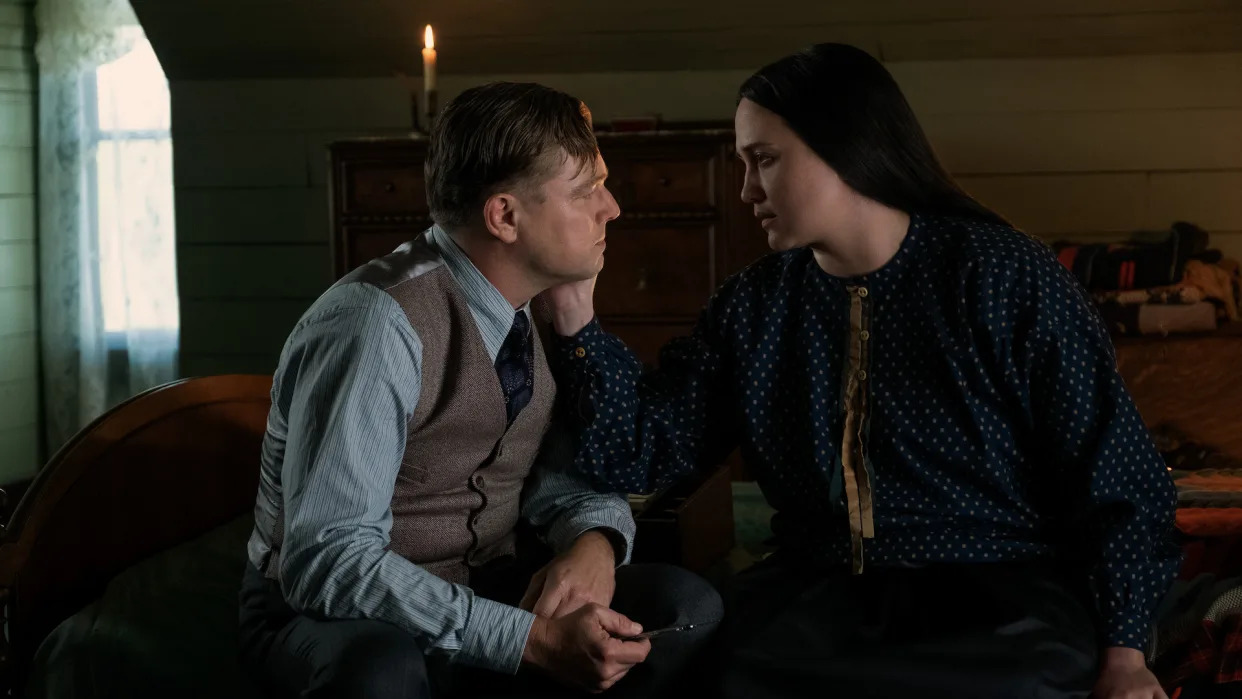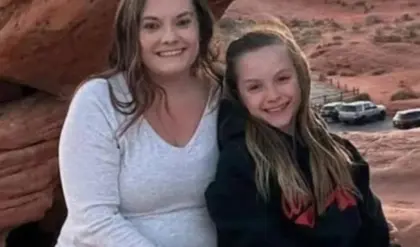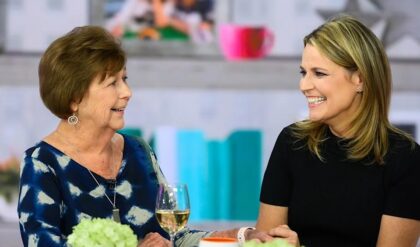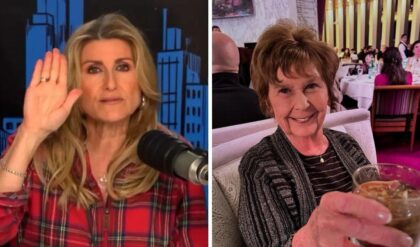Jodie Foster wanted more “Killers of the Flower Moon” — or at least, to see more “perspectives” showcased in the film’s retelling of the Osage Nation massacres.
The actress said during an interview with Variety that Martin Scorsese’s Oscar-nominated epic could have benefitted from being even longer, or perhaps reimagined as a limited series. Scorsese’s film already received criticisms for being too long at almost four hours; theaters began issuing an intermission during screenings, much to the dismay of editor Thelma Schoonmaker.
“I was thinking of ‘Killers of the Flower Moon’ — extraordinary movie, three-and-a-half hours long. And I thought, ‘I wonder why they didn’t do it eight hours long,’” Foster said, “to be able to explore all these other people, and give them another perspective. The great thing about limited series is you can have that novelistic idea of going off into tangents and tying them together.”
Foster recently starred in anthology series “True Detective: Night Country,” which captures the fictional serial killings of Indigenous women.
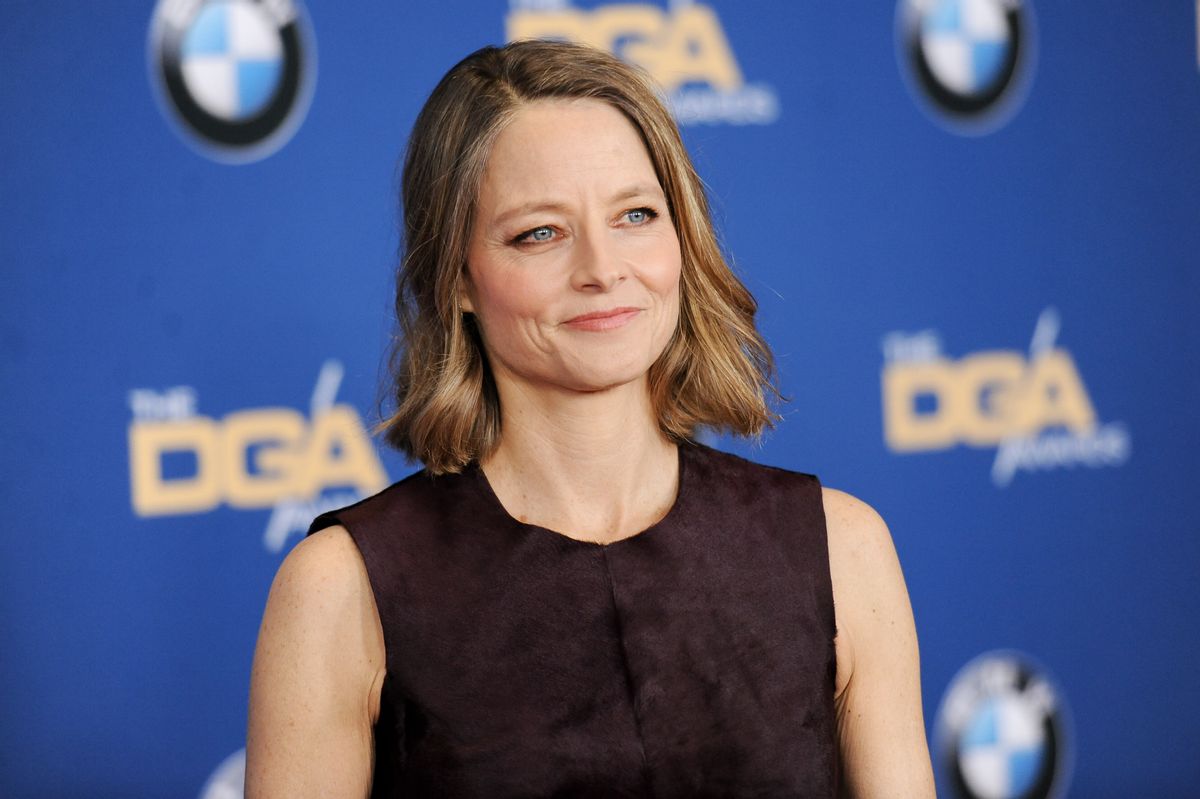
“This is the beauty of having limited series. You can expand on a story,” Foster said, citing “True Detective” showrunner Issa López’s “exciting voice” that kept the story moving.
“The second I met her I knew that this was the vision we needed,” Foster said. “She is totally clear about what she wants. And she’s the first person on a dance floor, which I love. We’ve become close friends. I think she’s my favorite director that I’ve ever worked with, and I’ve worked with a lot of big guys.”
As for the dismantling of white, male-dominated Hollywood sets, Foster pointed to the rise of women of color directing.
“Well, the world is hopefully growing and changing in the right direction. We’re getting better instead of worse and becoming more conscious. That’s what I hope, anyway,” she said. “And what you hope with movies is that you’re part of creating an atmosphere where people can challenge themselves. And very often now, when I’m in my 50s and 60s, I ask myself the question of ‘Why isn’t that guy talking? Why are you talking?’”
